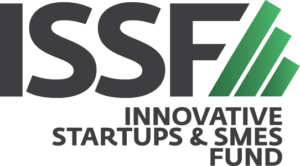Entrepreneurship in the Face of Change

The current rate of global change is greater than ever before, with knowledge creation expanding rapidly due to the increased interaction and communication brought about by the internet and communications technology. At the start of the 1900s, knowledge doubled approximately every 100 years. By 1945, knowledge doubled every 25 years. Today, knowledge is doubling roughly every 18 months – meaning that having a static perspective of knowledge and what takes precedence is enormously flawed.
As the illustrious management expert, Peter Drucker, once said, “The best way to predict the future is to create it.”
The most essential trait youth must possess is to remain relevant. To do so, they must not only be able to adapt to change, but also create it. As such, jobs that constantly present young individuals with challenges and learning opportunities help build vital skills that serve them well in an increasingly dynamic and fast-evolving world. The ability to deal proactively and spark change greatly benefits youth in the long term and empowers them – as Peter Drucker said – to create the future. Today, it is not the academics you acquire at school and university that are important, but rather your aptitude to continuously learn and apply.
In addition to becoming a popular career path or life choice, entrepreneurship is now emerging as an indispensable life skill that is not earned through fixed traditional jobs. Although entrepreneurship is built on a set of basic fundamental skills, how these skills are applied and executed is continually evolving given today’s vigorous and competitive landscape. Entrepreneurship provides a dynamic hands-on learning environment, and entrepreneurs or startup employees will face multiple, multidimensional challenges to tackle, particularly during the early stages of a company’s development. That being said, they will be forced to experience, diagnose, apply or, at times, learn new knowledge to address these challenges. As a result, such experiences and skillsets ultimately foster a more resilient and flexible individual – one who is able to evaluate, understand, identify and effectively address the diverse ongoing changes we are experiencing today.
